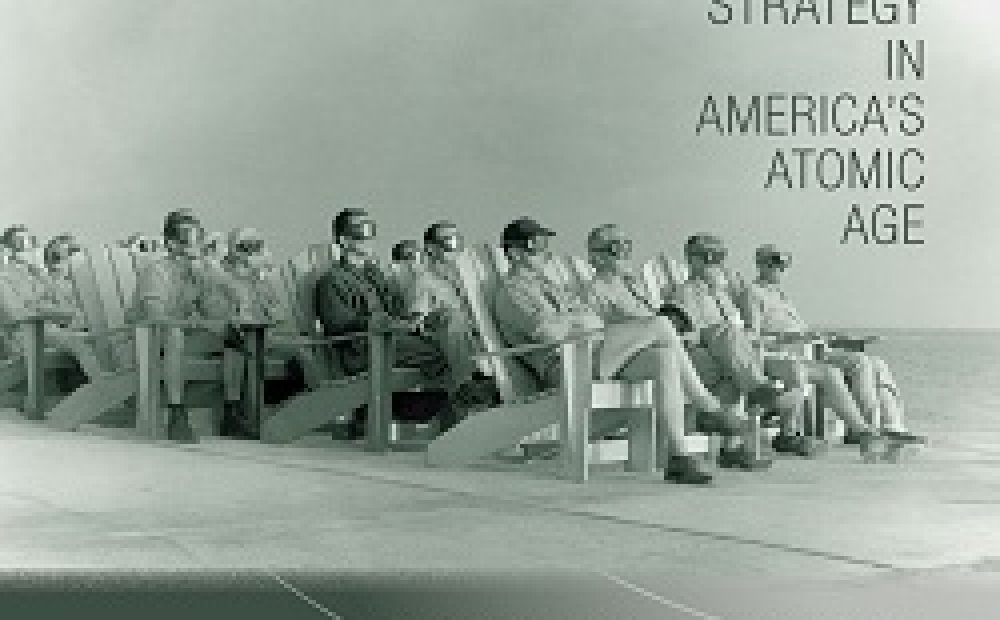Nuclear Statecraft: History and Strategy in America’s Atomic Age

We are at a critical juncture in world politics. Nuclear strategy and policy have risen to the top of the global policy agenda, and issues ranging from a nuclear Iran to the global zero movement are generating sharp debate. The historical origins of our contemporary nuclear world are deeply consequential for contemporary policy, but it is crucial that decisions are made on the basis of fact rather than myth and misapprehension. In Nuclear Statecraft, Francis J. Gavin challenges key elements of the widely accepted narrative about the history of the atomic age and the consequences of the nuclear revolution.
On the basis of recently declassified documents, Gavin reassesses the strategy of flexible response, the influence of nuclear weapons during the Berlin Crisis, the origins of and motivations for U.S. nuclear nonproliferation policy, and how to assess the nuclear dangers we face today. In case after case, he finds that we know far less than we think we do about our nuclear history. Archival evidence makes it clear that decision makers were more concerned about underlying geopolitical questions than about the strategic dynamic between two nuclear superpowers. Gavin's rigorous historical work not only tells us what happened in the past but also offers a powerful tool to explain how nuclear weapons influence international relations. Nuclear Statecraft provides a solid foundation for future policymaking.
Francis J. Gavin is the Tom Slick Professor of International Affairs and Director of the Robert S. Strauss Center for International Security and Law at the University of Texas at Austin. Gavin is also a senior advisor to the Nuclear Proliferation International History Project at the Wilson Center.
To purchase the book visit the Cornell University Press website.
Speaker

Giovanni Agnelli Distinguished Professor and the inaugural director of the Henry A. Kissinger Center for Global Affairs at Johns Hopkins SAIS
Hosted By

Cold War International History Project
The Cold War International History Project supports the full and prompt release of historical materials by governments on all sides of the Cold War. Read more


History and Public Policy Program
A global leader in making key archival records accessible and fostering informed analysis, discussion, and debate on foreign policy, past and present. Read more


Nuclear Proliferation International History Project
The Nuclear Proliferation International History Project is a global network of individuals and institutions engaged in the study of international nuclear history through archival documents, oral history interviews, and other empirical sources. Read more
